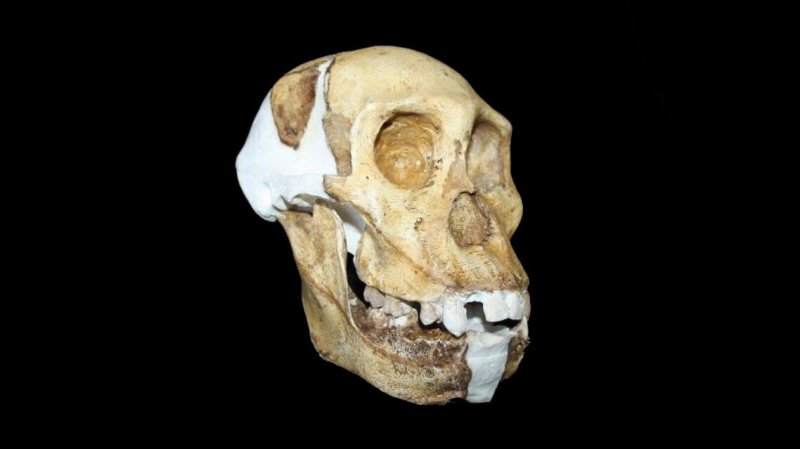Humans evolved from a group of ape-like hominins known as Australopithecine, but scientists aren’t [sure] which species is our direct ancestor. A new statistical analysis has found it highly unlikely that one particular candidate, Australopithecus sediba, is ancestral to humans.
…
[A. sediba] featured ape-like characteristics combined with some modern, human-like features. Subsequently, its discovers, a team led by Lee Berger from the University of the Witwatersrand, argued—and continue to argue—that A. sediba is the direct, most proximate ancestral species from which the Homo genus emerged.But there’s a problem with this hypothesis, and it has to with the timing. The oldest known Homo fossil—a jawbone from a still-to-be identified species of early human—is 2.8 million years old. That’s 800,000 years before A. sediba. It’s thus fair to ask: How is it possible that A. sediba spawned an entirely new genus given its presence so much later than the oldest evidence of humans?
Now, it’s entirely possible a prolonged period of overlap existed during which the two hominin species co-existed. But as new research published [May 8] in Science Advances suggests, this scenario—though theoretically possible—is exceptionally unlikely.
Read full, original post: New Analysis Debunks Controversial Claim About the Origin of Humanity































